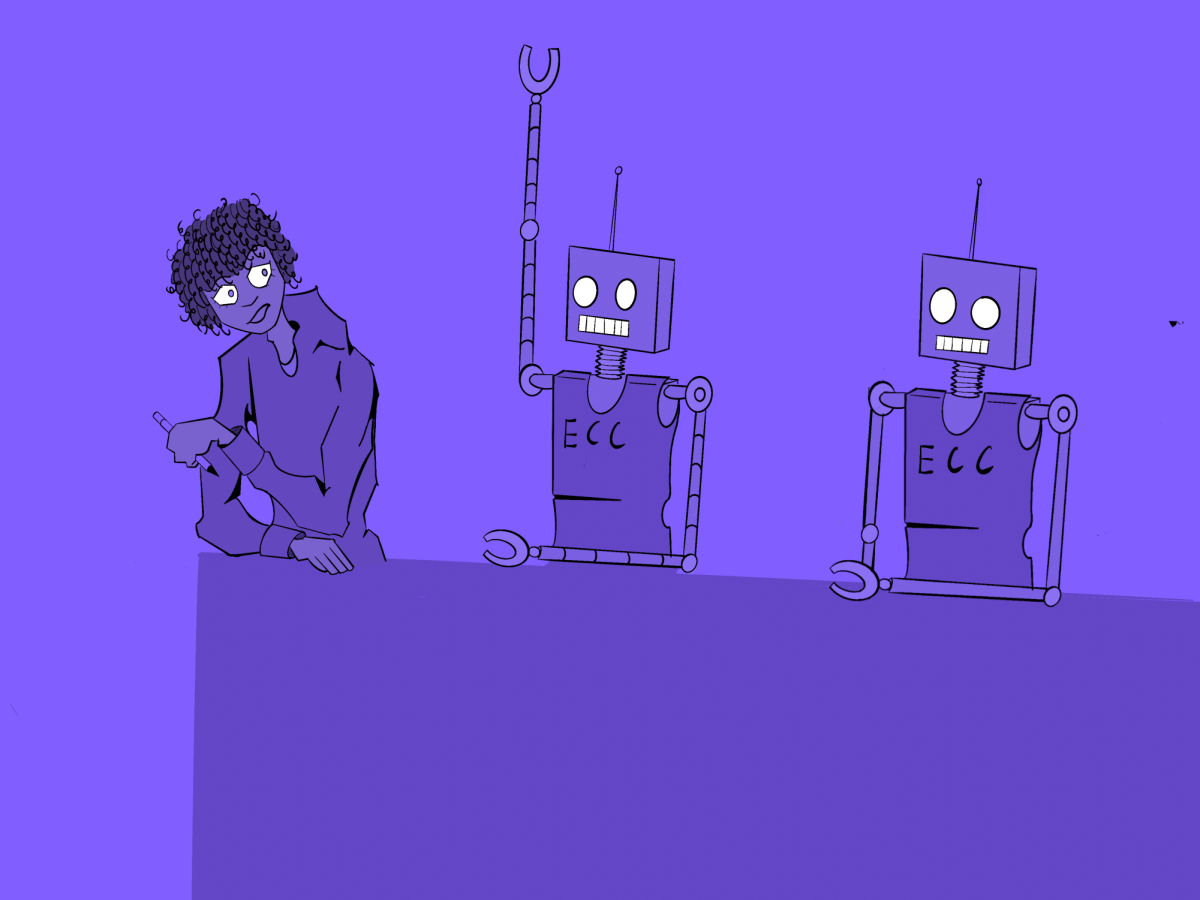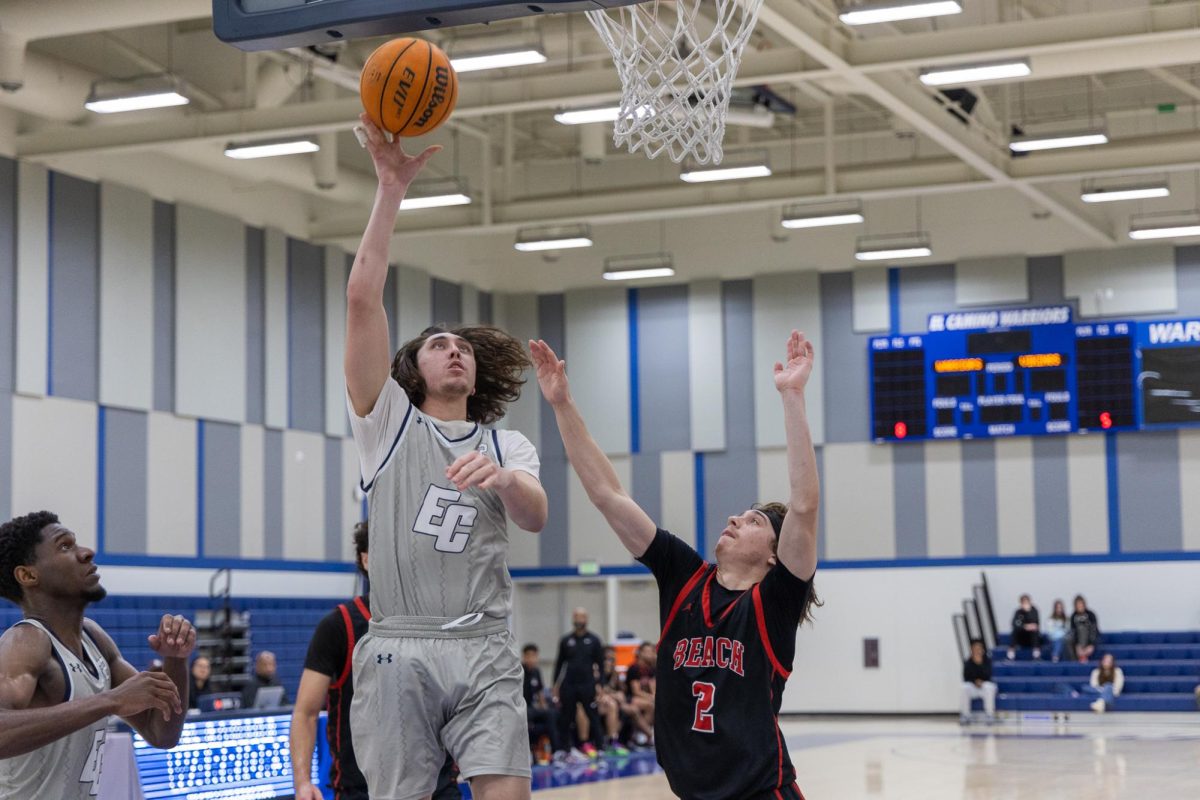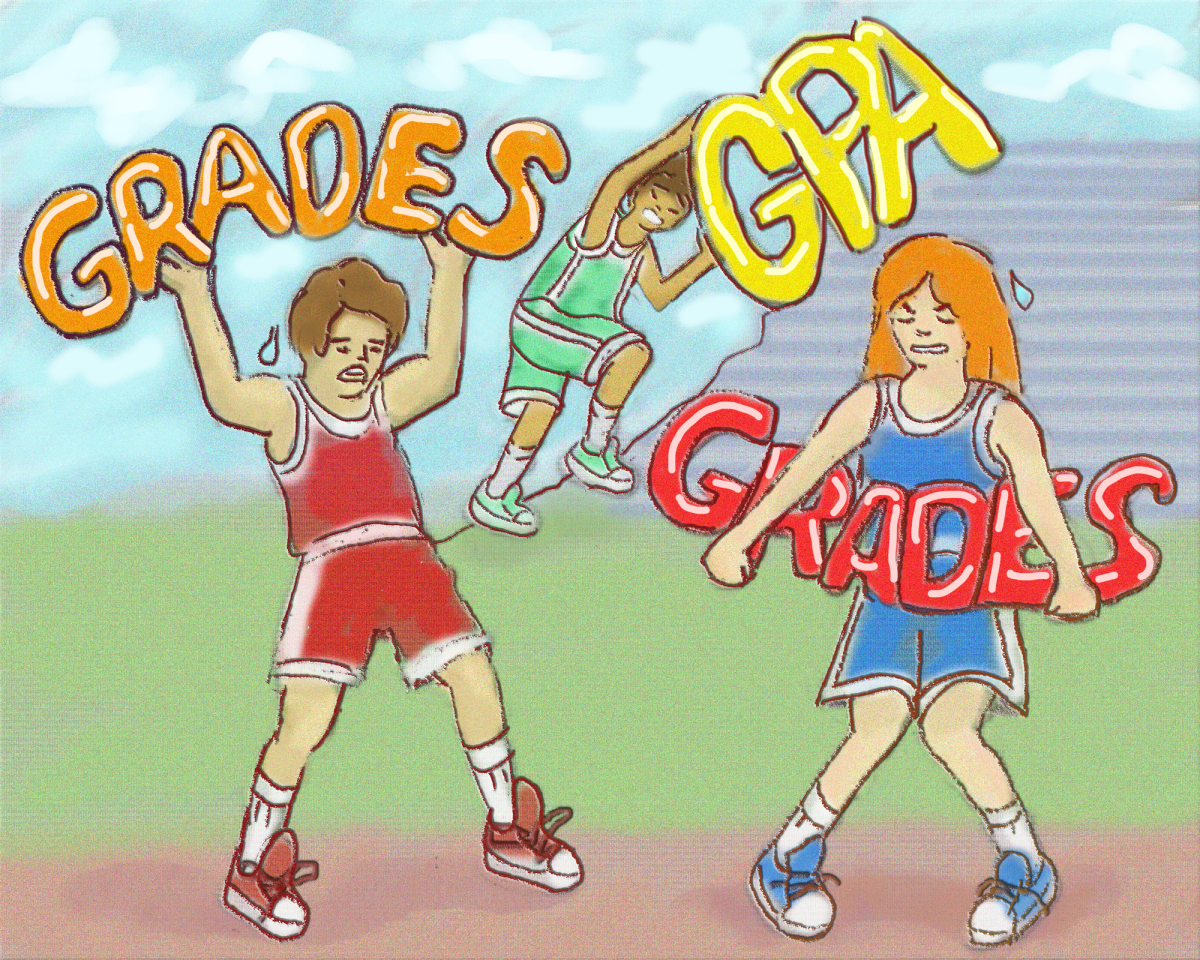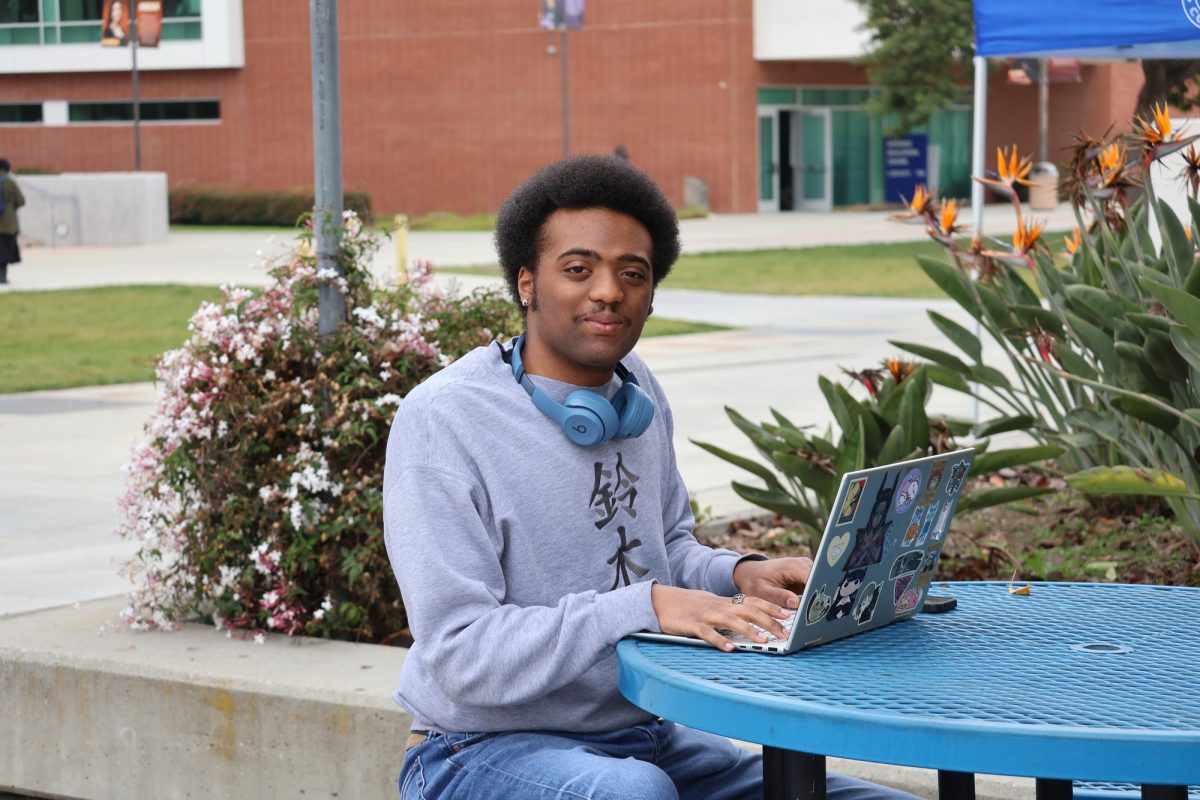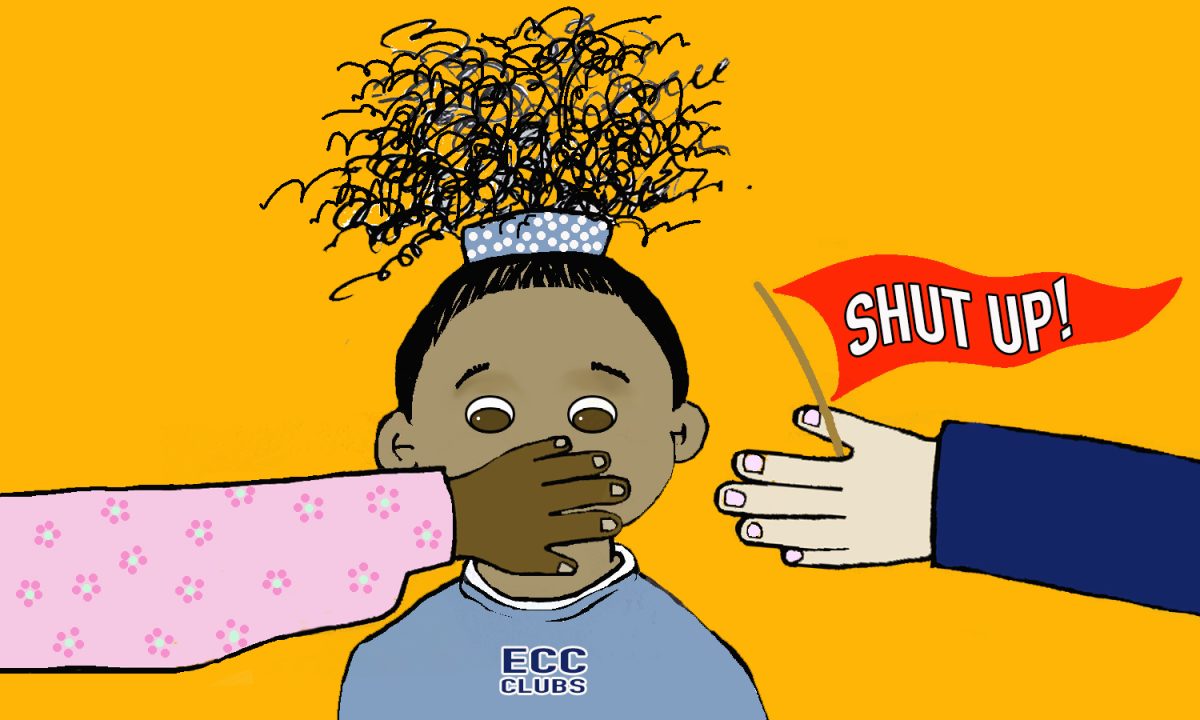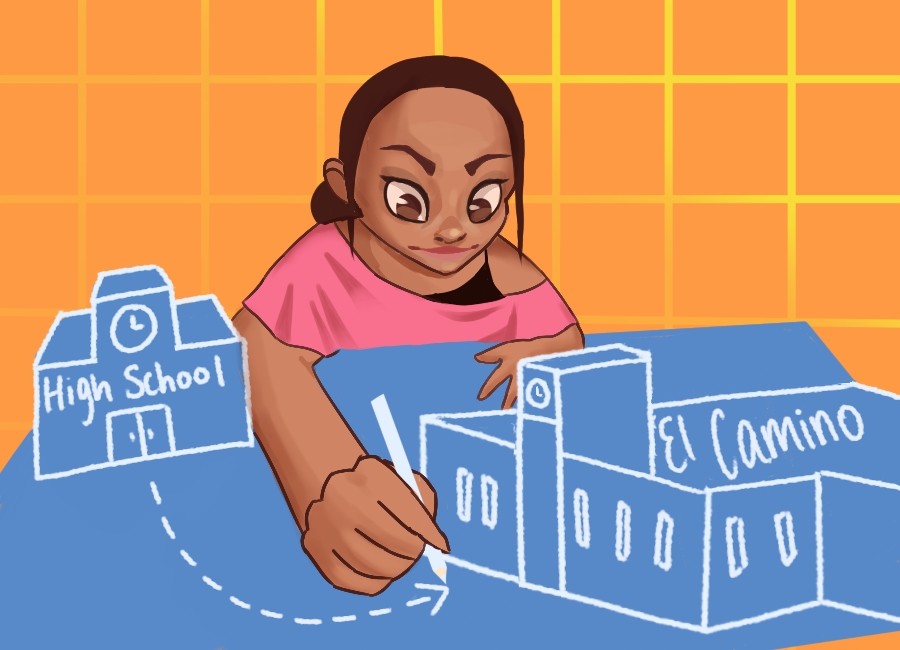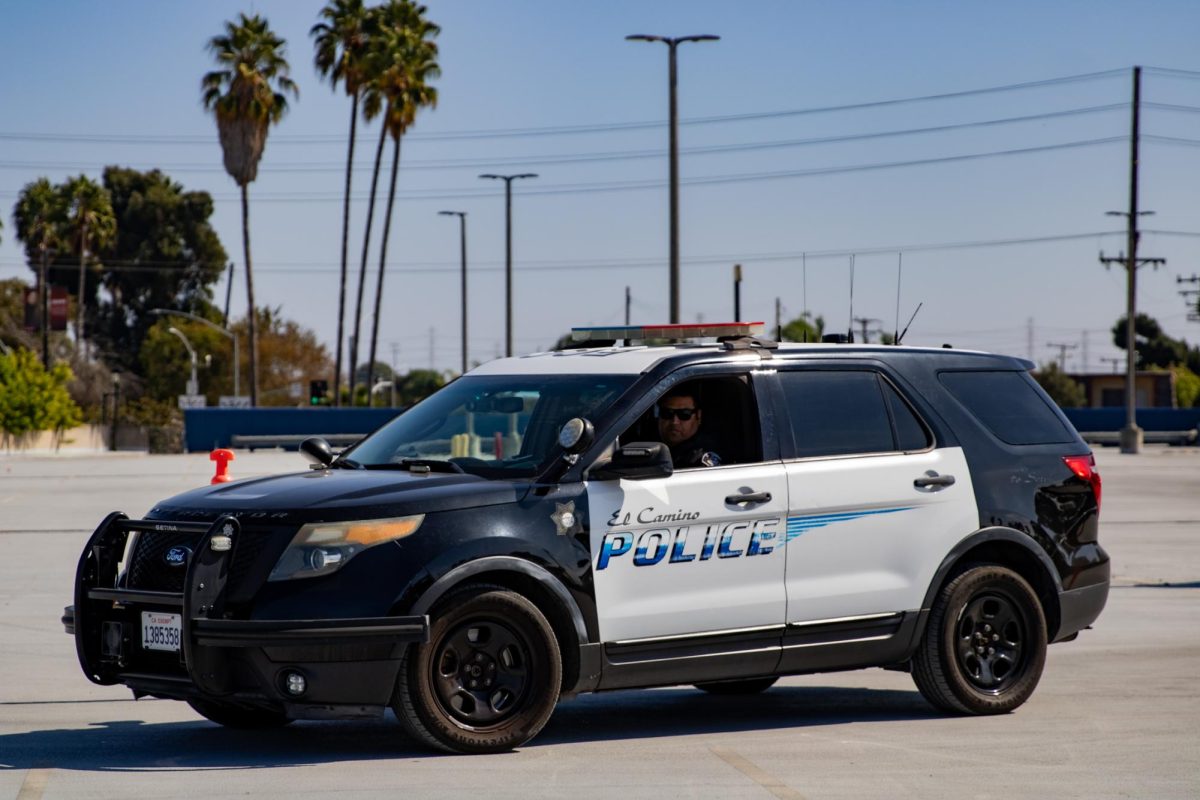Student journalists are here to report the news, as truthfully as they can, so if the story affects the history of the college, they’ll do their job and cover it as best as possible.
It’s a given that throughout a journalist’s career, they’re going to get stonewalled trying to cover an event, a person or a story.
Why are we, as student journalists, cast in a light that makes people avoid us like we aren’t worth anyone’s time?
It’s simple, they’re scared. Scared of a student journalist making a mistake, scared of someone getting a fact wrong or even scared that the story itself will be poorly written.
They’re not wrong, and there’s no reason for them to give a student journalist their time if they don’t want to, it’s entirely their decision.
If no one wants to help us get better and not make mistakes, that’s a failure in the system that was designed to teach us to become more affluent in our writing and reporting.
I hope that people would rethink their decisions regarding not speaking to student journalists when all we want to do is learn and get better.
In the past, and in the future, mistakes were and will be made, that’s what makes us human.
So please don’t hold the entire student newspaper organization liable for something that happened five years ago and please don’t push away a student who’s only trying to learn, because we know that most professors and administrators are here to teach and help students progress.
It’s your right as a source to decline to speak to us, but by declining to speak to us you have declined to comment on the story, which we can put.
We are a student-run publication, that means that our adviser is not telling us what to do or reading our stories before publication.
It’s your choice as a source too make that decision, but if you can’t speak to us for any reason, please tell us why you can’t or direct us to someone who can speak to us.
We go to specific people because they are sources that can and should have a say on a topic, but when people tell us to go online and do the research it doesn’t help us as student journalists get better.
Part of our training is learning how to interview people, and yet, sometimes, we aren’t being helped in any way.
Sources, as well as our adviser, cannot look over a story before publication.
That’s against the College Media Association’s Code of Ethics, we do everything as students, so why do officials on campus continue to hinder us from learning to get better?
The government can’t tell the L.A. Times what they can and can not write.
Officials on campus have held off from talking to The Union many times, and not just them, professors and even students have told us, “You have to talk to Ann Garten,” or “Greg Toya told us not to talk to you.” (Both incidents are reoccurring from fall 2016 and earlier)
Yet, when we as student journalists try to do our job and we make a mistake, we get harassed and sent sarcastic emails about our “shoddy stories,” but where was the help we received from the sources?
According to the Society of Professional Journalists’ Code of Ethics, “journalism should be accurate and fair. Journalists should be honest and courageous in gathering, reporting and interpreting information.”
I don’t get a kick out of rummaging through someone’s personal life, I don’t like walking up to someone who’s in fear about a horrific incident and asking “how they feel” and I sure as hell don’t enjoy watching people cry as I speak to them.
But that’s my job, and I have a dream of one day being a reporter that I can be proud of.
So if you avoid The Union or decline to comment, that’s fine. We will make do with whatever information I have and so will other student reporters who, like us, want to do our jobs as accurately and professionally as possible.



